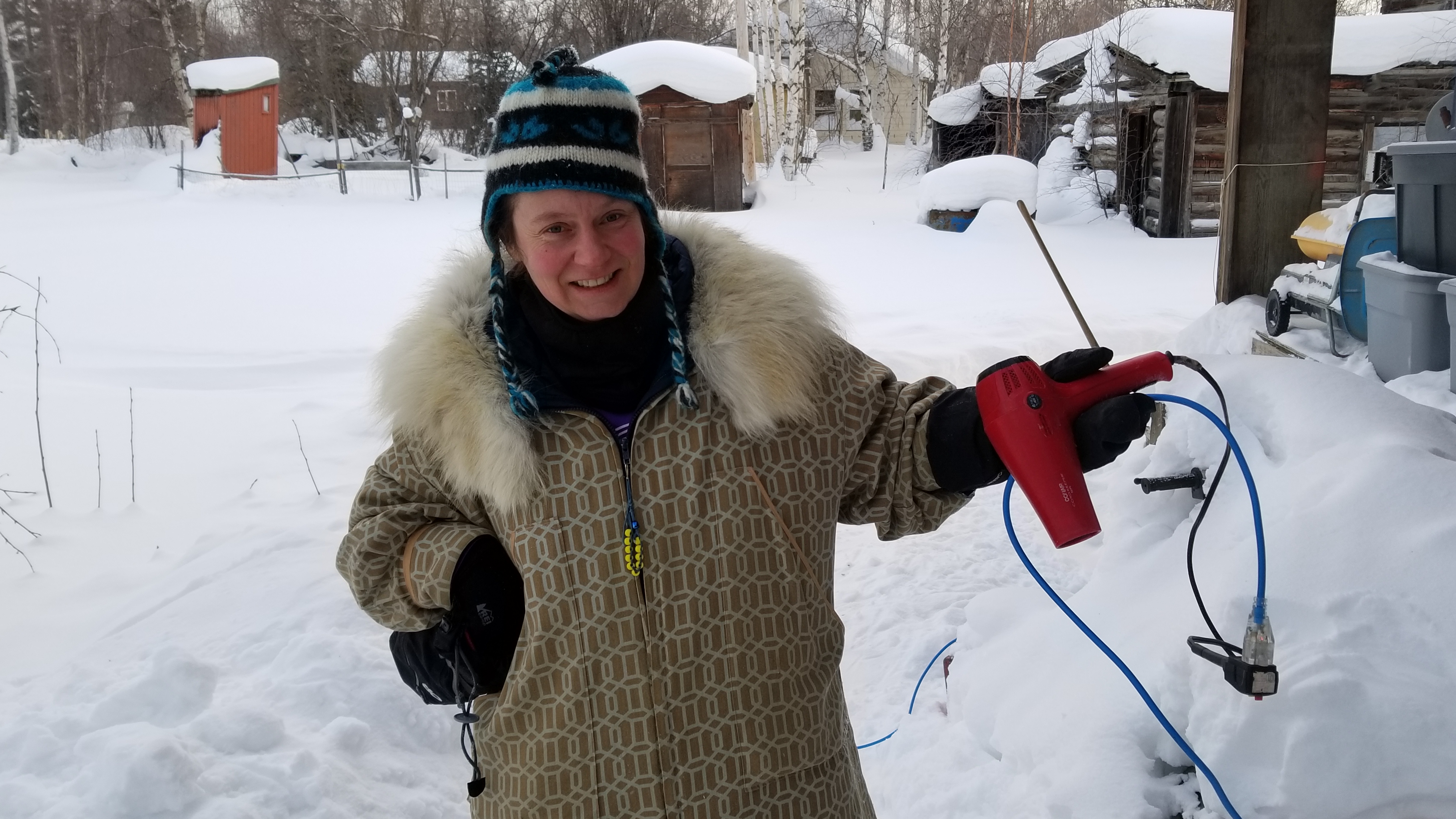A Framework for Assessing Food, Energy and Water

A true collaborative effort across University of Alaska campuses and with communities and international partners hit a milestone with a new publication coming out of the talented MicroFEWs team!
We are excited to share that Jennifer Schmidt, with the Institute of Social and Economic Research at the University of Alaska Anchorage and one of the co-principal investigators on the MicroFEWS project, recently published her article, “A framework for assessing food-energy-water security: A FEW case studies from rural Alaska.”
Schmidt’s article explores the development of a FEW security assessment framework that examines four components of security: availability, access, quality and preference. With the help of community members, 114 households in three rural Alaska communities were interviewed to assess FEW security, drivers and outcomes of FEW security, and potential interactions among FEW components with renewable energy developments.
“Being secure in food, energy and water has direct implications for well-being and quality of life,” Schmidt said. “These three items are often interrelated, and so we developed an approach to explore all three simultaneously to help assess [not only] security itself but also drivers of security and insecurity so we can better target actions for maintaining or improving security.”
The hope is that this tool can be used by communities and policymakers to contextualize FEW security into more insightful and specific components, allowing for the identification of attainable actions to improve FEW security and thus individual and community well-being.
Jennifer Schmidt helps to thaw frozen water pipes in the village of Tanana. Photo courtesy of Jennifer Schmidt.


